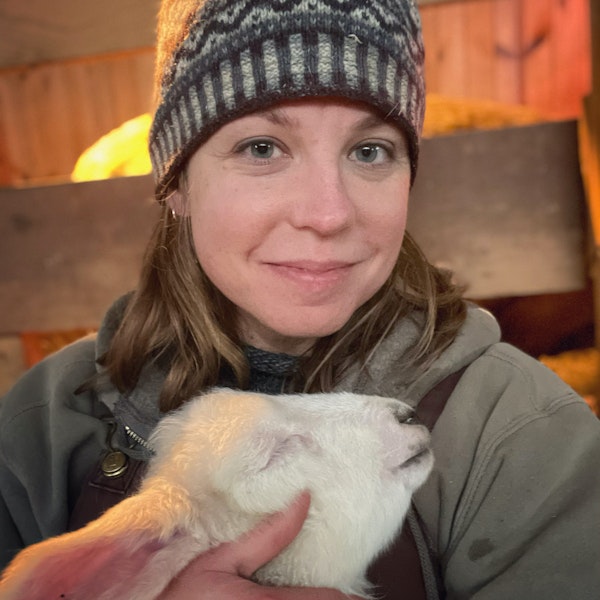
Kate Larson, editor of Farm & Fiber Knits, was the editor of Spin Off from from 2018–2025. She's excited to continue serving Spin Off as content editor. Kate teaches handspinning around the country and spends as many hours as life allows in the barn with her beloved flock of Border Leicesters.
Last week, I wrote about a few pieces of spinning equipment to leave at home. This week I'm offering: Spinning Travel Hacks: what spinning equipment you should pack.
Fitting spinning into a busy life can feel like a challenge. Kate is focusing on small breaks this summer: a few treadles, a few deep breaths, a few yards of something beautiful.
As a traveling spinning instructor, I spent much of my life thinking about packing spinner’s cargo. Packing for planes, trains, and automobiles can be different than packing for ferries, backpacks, and bicycles.
Explore one of the core elements of spinning—twist—in the Summer 2021 issue. Like many things in life, twist is more complicated than it seems.
In the Spin Off Summer 2017 issue, Kate Larson shared her tips for spinning cabled yarns. Just follow these simple steps!
Low-whorl drop spindles often have a simple, straight shaft without a hook to secure the yarn.
Grab some singles, a tiny crochet hook, and some beads. Kate Larson shares how to add beads to your handspun.
In the Spring 2016 issue of Spin Off, Kate Larson shared tips for embroidering with your handspun yarns. From chain stitch to couching, thread a needle and create beautiful needlework with your handspun.
Structure doesn’t always mean more measurements and recordkeeping. Think of structure as providing a canvas, allowing you to control what fills it.